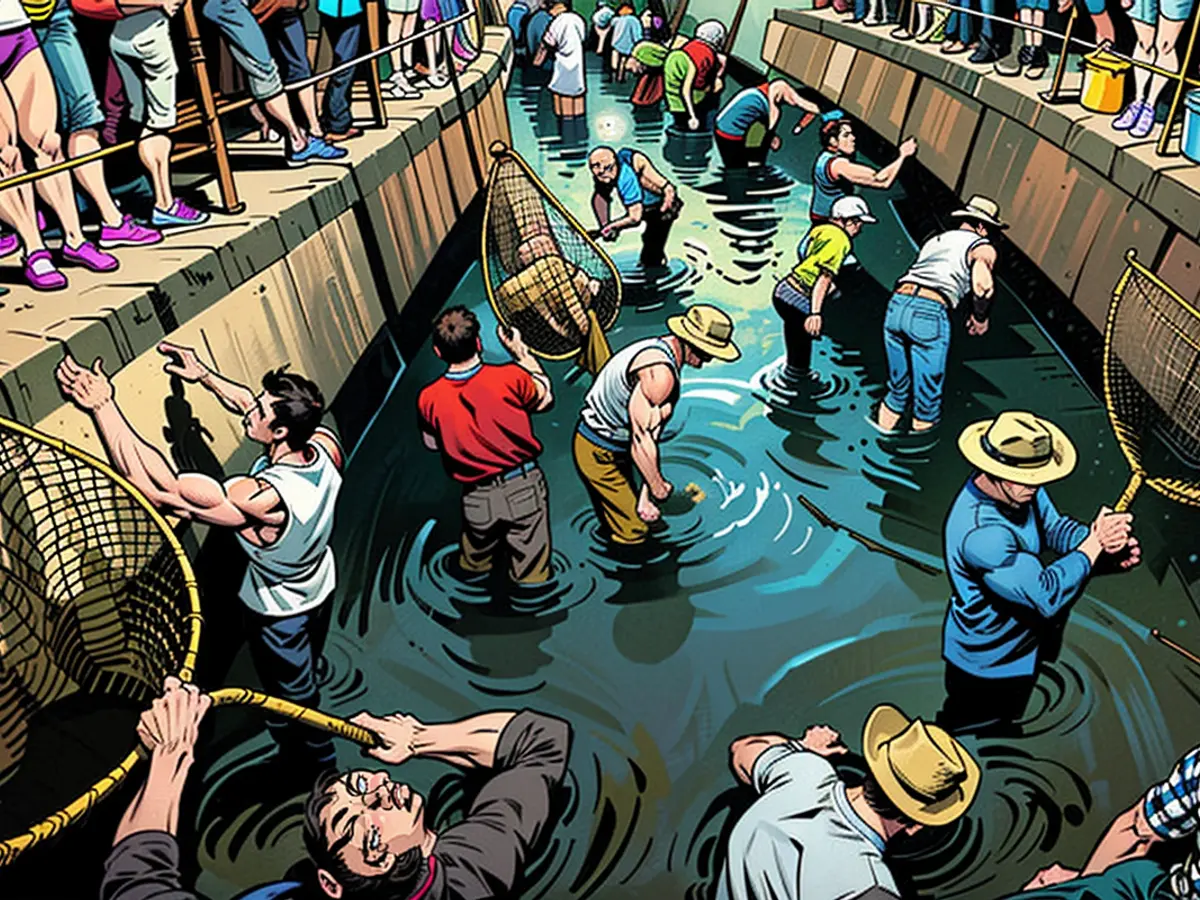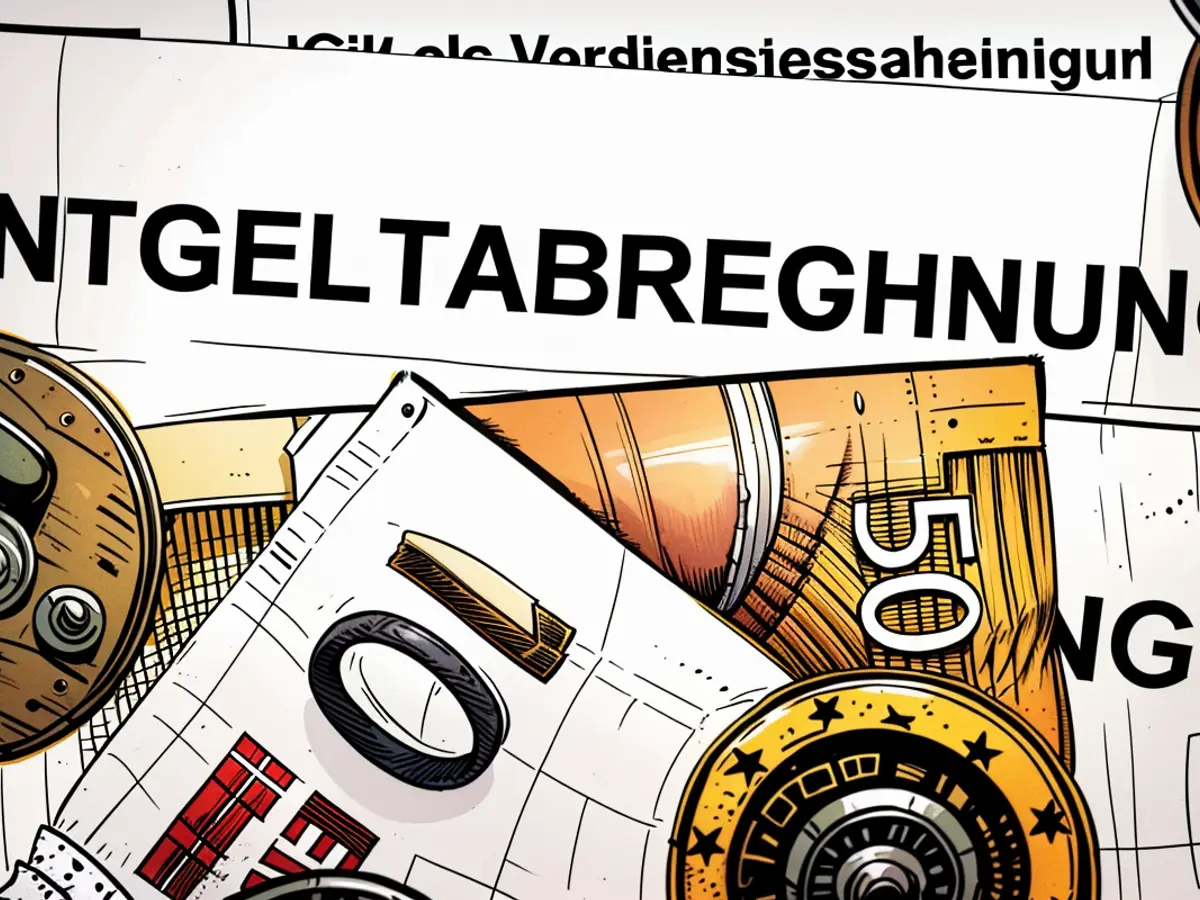Honors and Rewards Granted - New Cultural Heritage Certificates' Controversy Surrounds Fishermen's Day
Representatives of recently designated intangible cultural treasures in Bavaria will receive their certificates. Bavarian Minister of Home Affairs Albert Füracker (CSU) will formally honor seven representatives from southern Bavaria in Munich on Tuesday night. The ministry further announced that an event for the northern part of the state will take place in July in Nuremberg.
In March, the state government disclosed that the list of intangible cultural heritage in Bavaria would be broadened by 13 additional entries, resulting in 82 cultural practices from all regions of the state being acknowledged as cultural heritage.
Conflict over identifying the Memminger Stadtbach-Ausfischen as intangible cultural heritage
However, this recognition isn't without controversy. Among the newly welcomed cultural practices is the Memminger Fischertag. During this event, many participants jump into the Stadtbach of Memmingen every summer in an attempt to catch the greatest trout. The one who catches the largest trout is then crowned "Fischerking." Animal rights advocates have been denouncing this traditional event as animal cruelty for a long time.
The animal rights group PETA voiced its discontent with the recognition of this event as intangible cultural heritage. "The Memminger Fischertag shouldn't be acknowledged as intangible cultural heritage, but rather erased from the historical narrative due to the animals' suffering and disregard for animal protection laws," remarked PETA's fish expert, Tanja Breining. PETA petitioned for the entry in the state register to be revised.
The Chinese carnival in the Upper Palatinate town of Dietfurt and boys' choirs are also new additions to the list. The Chinese carnival procession in Dietfurt, which incorporates numerous references to the Middle Kingdom, is predicated upon the townspeople having the nickname "Chinese." The notion arose due to the inhabitants having a tax collector stationed in front of the city wall in medieval times, who complained that the Dietfurters were concealing themselves like the Chinese behind their wall.
The well-known four boys' choirs in Bavaria also receive this award. The Regensburg Domspatzen and the Augsburg Domsingknaben boast a tradition that dates back to the Middle Ages and are now the ambassadors for the two Catholic dioceses. They are accompanied by the celebrated choirs in Bad Windsheim and Bad Tölz.
Additionally, the embroidery, the St. Sebastian pilgrimage in Grafenwöhr, the goldsmith's craft in Schwabach, the Kreuther Leonhardifahrt, the Kronacher Schwedenprocession, the Kunigundenfest in Lauf an der Pegnitz, the Schwäbischwerder Kinderfest in Donauwörth, the Schlachtschlüssel ritual in Schweinfurt, the Studioglasbewegung from Frauenau, and the Treideln on the historical Ludwig-Donau-Main Canal are included in the list. The latter is a custom that entails the pulling of a boat by a horse running along the bank.
For almost two decades, UNESCO has been including less tangible cultural assets alongside the renowned World Heritage Sites. A nationwide register is maintained in Germany, and further supplements are made to Bavaria's state register.
Press release on the 13 new entries PETA's take on the Memminger Fischertag





